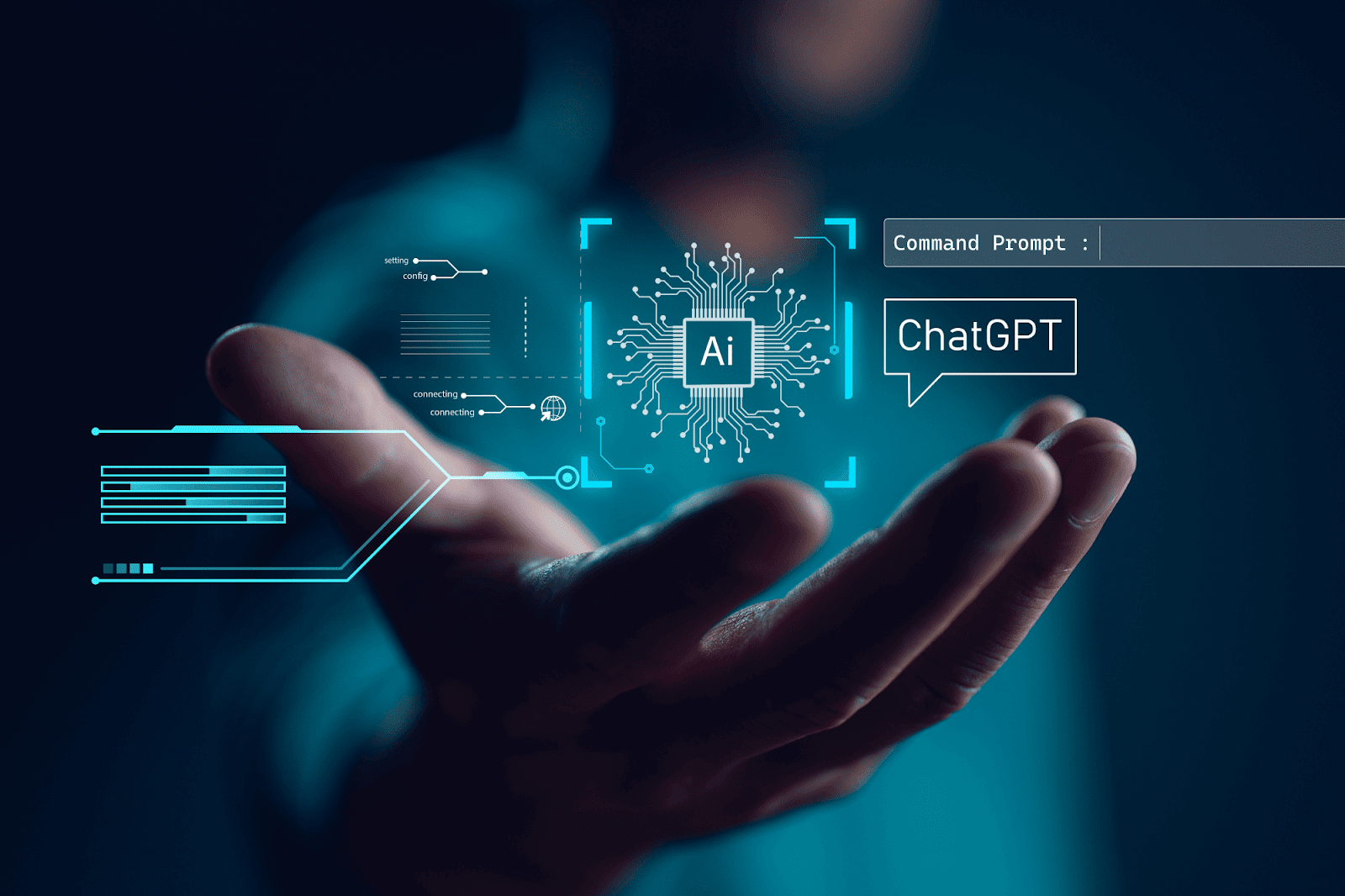Demystifying Artificial Intelligence: A Beginner’s Guide for IT Professionals
Artificial Intelligence (AI) is no longer the domain of futuristic speculation; it is a critical component driving today’s IT solutions. For IT professionals venturing into AI, understanding its fundamentals can be daunting but rewarding. This guide simplifies AI concepts, providing actionable insights for beginners in the IT field.
What is Artificial Intelligence?
Artificial Intelligence refers to the simulation of human intelligence processes by machines, particularly computer systems. These processes include learning, reasoning, problem-solving, and language understanding.
Key Components of AI
- Machine Learning (ML): Enables systems to learn from data and improve without explicit programming.
- Natural Language Processing (NLP): Allows machines to understand, interpret, and respond to human language.
- Computer Vision: Enables machines to interpret and analyze visual data from the world.
- Robotics: Focuses on designing intelligent robots that can perform tasks autonomously.
Why Should IT Professionals Care About AI?
AI is transforming industries by enabling automation, improving decision-making, and fostering innovation. IT professionals equipped with AI knowledge can:
- Enhance system efficiencies.
- Develop innovative solutions.
- Stay competitive in a rapidly evolving job market.
Real-World Applications of AI in IT
- Cybersecurity: AI-driven threat detection systems identify vulnerabilities in real time.
- IT Operations: Predictive analytics optimize server performance and resource allocation.
- Software Development: AI tools assist in debugging, testing, and code generation.
Getting Started with AI: A Step-by-Step Guide
Embarking on an AI journey requires a systematic approach. Here’s a roadmap:
1. Learn the Basics of Programming
Familiarity with languages like Python, R, or Java is essential as they form the backbone of AI development.
2. Understand AI Frameworks and Tools
- TensorFlow: An open-source framework for machine learning and AI.
- PyTorch: Known for its dynamic computation graph capabilities.
- Scikit-Learn: A library for data mining and data analysis.
3. Explore AI Algorithms and Models
Study foundational algorithms like decision trees, neural networks, and reinforcement learning. Platforms like Coursera and edX offer comprehensive courses.
4. Practice with Real-World Projects
Apply your knowledge to real datasets and problems. Kaggle is an excellent platform to find datasets and participate in AI competitions.
Trends Shaping the Future of AI
AI is evolving rapidly, and staying updated on the latest trends is crucial.
1. Ethical AI
Organizations emphasize creating AI systems that are transparent, fair, and accountable.
2. Generative AI
AI tools like ChatGPT and DALL-E demonstrate the potential of generating human-like text and images.
3. AI in Edge Computing
Deploying AI models on edge devices enables faster processing and reduces dependency on centralized systems.
Challenges and How to Overcome Them
1. Lack of Data
Solution: Use data augmentation techniques or rely on pre-trained models.
2. High Computational Costs
Solution: Leverage cloud platforms like AWS, Google Cloud, or Azure for cost-efficient AI development.
3. Skill Gap
Solution: Invest in continuous learning through online courses, certifications, and workshops.
Enhancing Your AI Knowledge
Recommended Resources
- Books: “Artificial Intelligence: A Guide to Intelligent Systems” by Michael Negnevitsky.
- Websites: AI news portals like AI Trends and Towards Data Science.
- Communities: Join forums like Reddit’s r/MachineLearning or LinkedIn AI groups.
Actionable Takeaways
- Start Small: Begin with foundational concepts and gradually move to advanced topics.
- Hands-On Practice: Work on projects to apply your learning.
- Stay Updated: Follow AI trends and incorporate them into your knowledge base.
Ready to dive deeper into AI? Subscribe now to receive exclusive tips, tutorials, and updates on the latest in Artificial Intelligence.


